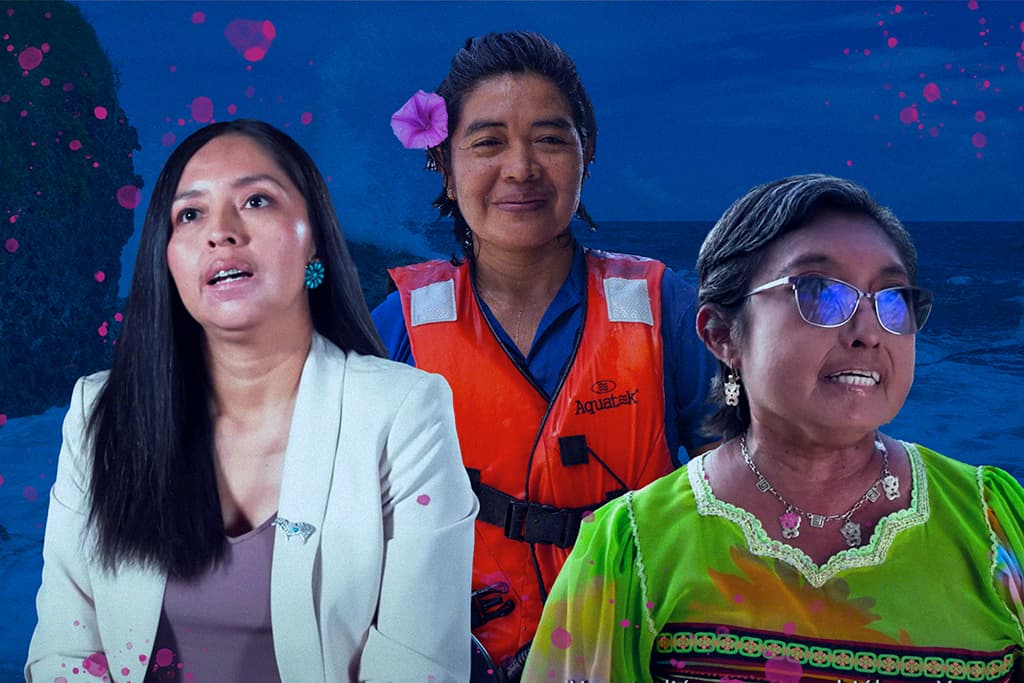
Can't Hold a Candle to Her When She Glow
On June 29, 2019, Filipina American rapper, activist, and scientist Ruby Ibarra took the stage at the Smithsonian Folklife Festival on the National Mall in Washington, D.C., performing to a packed crowd. During her set, Ibarra delivered a searing hip-hop track titled "Us" that addressed immigrant feminism and centered her own story, in contrast with the male-dominated hip-hop industry. The lyrics, written in both English and Tagalog, serve as a powerful reminder of the diverse voices and experiences within the genre.
“All we want is our freedom
And the right to live on our motherland
Island woman rise, walang makakatigil
Brown, brown woman, rise, alamin ang yung ugat”

Ibarra wore this jacket during her performance at the 2019 Folklife Festival, adorned with lyrics from her track “Us,” symbolizes her unwavering commitment to amplifying women’s voices.
Source: National Museum of American HistoryIbarra, born in the Philippines and later raised in a Filipino American household in San Francisco, was exposed to hip-hop from an early age due to her mother's passion for the genre. Hip-Hop has always amplified the stories of the oppressed, serving as both an art form and an outlet for radical storytelling. Hip-hop has become a historical record of the resiliency of marginalized groups in the United States, consistently reflecting the inner lives and experiences of young people, including Ruby Ibarra. Inspired by groups like the Wu-Tang Clan, Ibarra is forging her own path in hip-hop, using her music to explore what it means to be a Filipina and the daughter of working-class immigrants.
"From Morro Bay to the East Bay, we stay survivin’ where we stay
They keep invadin' where we lay, there's no debatin' that we pay."

Circa91, Ibarra’s 2017 debut album.
Source: National Museum of American History
As a woman of color in hip-hop, Ibarra prioritizes using her lyrics to honor and uphold the legacy of hip-hop as a platform for the oppressed. Whenever she has the opportunity to curate events, music videos, or songs, she makes it a vital priority to highlight and elevate the voices of brown and black women of color, ensuring they take center stage. Resiliency is not merely about surviving past trauma, but about forging pathways of innovation and joy for future generations.


